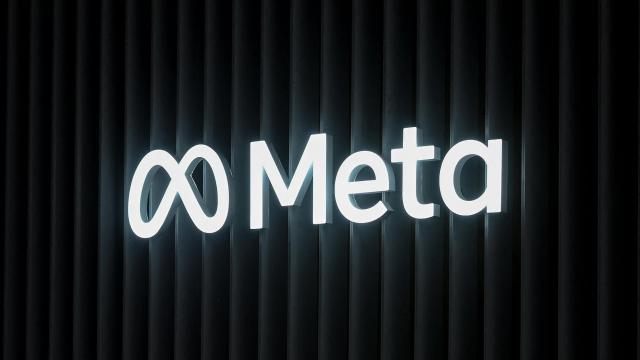Meta CEO Mark Zuckerberg announced that the company would be laying off 11,000 employees, 13% of its workforce. The cuts are part of an effort to become leaner after the company reported declined in revenue for two straight quarters, encountered stagnating user growth and a sluggish pivot to “the metaverse,” and saw its stock lose 70% of its value this year. The company is expecting another decline in revenue for the fourth quarter.
In a blog post on Wednesday, Zuckerberg took responsibility for the decisions that led to the layoffs and apologised to the affected employees. The Meta CEO explained that the company’s current situation can be traced to the beginning of the covid-19 pandemic, a period marked by a surge of e-commerce as people stayed home. Many predicted the increased levels of e-commerce would be permanent, Zuckerberg said, pointing out that he personally thought the same.
So, he increased Meta’s investments, but things did not go as planned.
“Not only has online commerce returned to prior trends, but the macroeconomic downturn, increased competition, and ads signal loss have caused our revenue to be much lower than I’d expected,” Zuckerberg wrote in the blog post, which was also sent to Meta employees. “I got this wrong, and I take responsibility for that.”
The Meta CEO stated that although all teams across its apps and Reality Labs, the unit in charge of developing the metaverse, will be affected by layoffs, there are some who will experience deeper cuts than others. This includes recruiting, given that Meta is planning to hire fewer people next year. Additionally, its hiring freeze will be extended through the first quarter of 2023 with small exceptions. Meta will also be substantially restructuring its business teams.
As of result of the current situation, in addition to laying people off, Meta will be cutting costs across its business. This will include scaling back budgets, reducing perks, and shrinking its real estate footprint, Zuckerberg said. On the last point, this will include a transition to desk sharing for people who spend most of their time out of the office. The company will also be shifting its resources onto “high priority growth areas,” which include its AI discovery engine for recommending content, its ad platform, and, of course, its “long-term vision for the metaverse.”
Laid off employees in the U.S. will get 16 weeks of severance plus two additional weeks for every year they were at the company, which no cap on the years served, Zuckerberg stated. Meta will also pay employees for any remaining paid time off they had accumulated and give them their restricted stock units for November.
In terms of health insurance, the company will cover health care for employees and their families for six months. It will provide three months of career services support and immigration support for people at the company on visas.
Furthermore, affected employees will no longer have access to most of Meta’s systems beginning today, Zuckerberg stated, “given the amount of access to sensitive information.” However, employees will still have access to their emails throughout the day so they can say their goodbyes.
These are the first mass layoffs in Meta’s history as a company. Zuckerberg’s handling of the cuts stand in stark contrast to the chaos at Twitter. Last week, Twitter’s supreme overlord Elon Musk, the platform’s new owner, laid off 3,700 people, or 50% of the company’s global staff, then realised he actually needed some of them to build new features and tried to hire them back.
Despite the difficult moment, Zuckerberg affirmed that he believed Meta is “deeply underestimated” as a company today, underscoring that billions of people use its services to connect and that its communities keep growing.
“This is a sad moment, and there’s no way around that. To those who are leaving, I want to thank you again for everything you’ve put into this place. We would not be where we are today without your hard work, and I’m grateful for your contributions,” he said.
